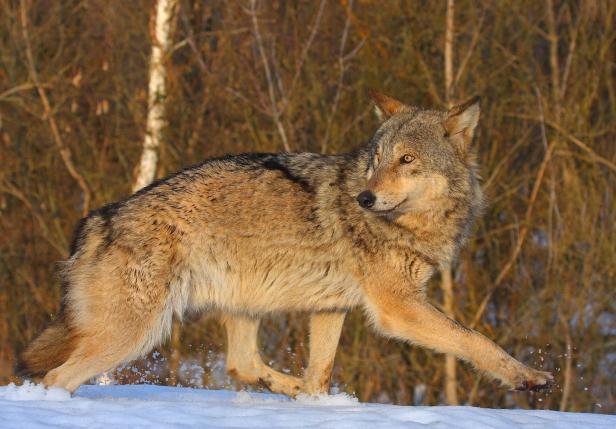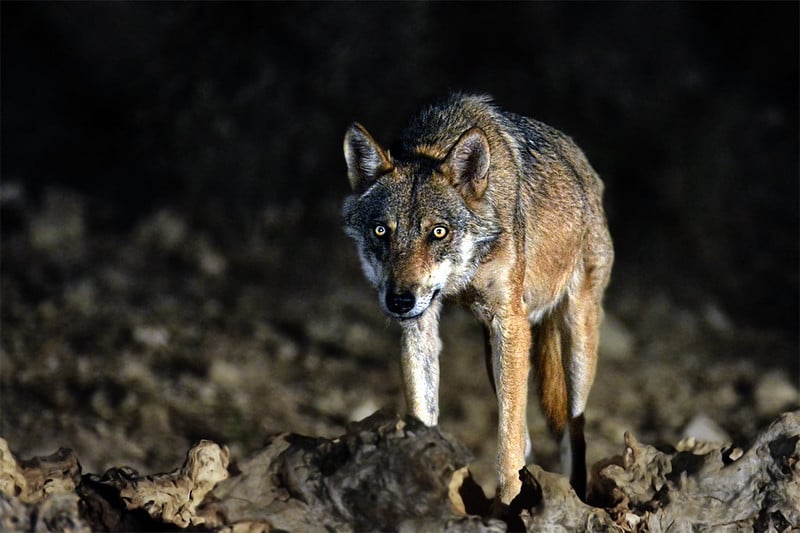WOLVES
Swedish hunters kill 22 wolves in a week
Five wolves were shot by Swedish hunters on Saturday morning, meaning they have killed 22 out of the 24 wolves for which licences have been granted after just one week.
Published: 7 January 2017 15:39 CET

This Chernobyl wolf is safe from Swedish hunters. Photo: Valeriy Yurko/University of Portsmouth
Environmental campaigners sharply criticised the decision by the Supreme Administrative Court of Sweden’s decision to issue licenses to hunt wolves on December 30, accusing it of ignoring an 18 percent drop in the country’s wolf population to an estimated 340 animals.
Torbjörn Nilsson, chairman of the Swedish Carnivore Association, called the decision “unfortunate and surprising”.
But Martin Källberg, editor of the hunting magazine Svensk Jakt, said that the speed with which the quota had been met indicated that there had been no shortage of animals.
“There are quite simply a lot of wolves in these areas,” he told The Local, adding that the weather had also helped. “When you have fresh snow you can follow the tracks. It’s much easier, because then you can see where they are.”
Members of a hunting team in Örebro County told Aftonbladet in an article published on Saturday that wolves were threatening livestock, dogs, elk and deer.
“Deer have almost disappeared. But you see wolf shit everywhere nowadays,” one of the hunters complained.
“I've seen elk that have been raped … I was about to say raped, I meant taken down. They had bitten off a…piece at the back of the thigh and then followed the elk until it bled to death. That’s what my wife says, ‘think about the poor elk!’. They have to be afraid all the time now. It is terrible.”
According to Svensk Jakt, three wolves were shot in Orsen, Dalarna, on Saturday, one wolf in Loka, between Dalarna and Örebro, and one in Brattfors, in Gävleborg.
This means that hunters in Brattfors have now shot all six of the wolves for which quotas were granted.
Loka would also have exhausted its quota of six wolves had the local county government not decided on Saturday to grant a license for one more wolf.
“The strategy to achieve our goal is to empty certain territories, including Loka. We have had clear indications that there were more than six wolves,” David Höök, the wildlife officer in Värmland, who administers the hunt, explained to SVT Orebro.
Five wolves have also been shot in both Orsen, Dalarna and Blyberg, Gävleborg, leaving each area one more wolf to kill.
Url copied to clipboard!


 Please whitelist us to continue reading.
Please whitelist us to continue reading.